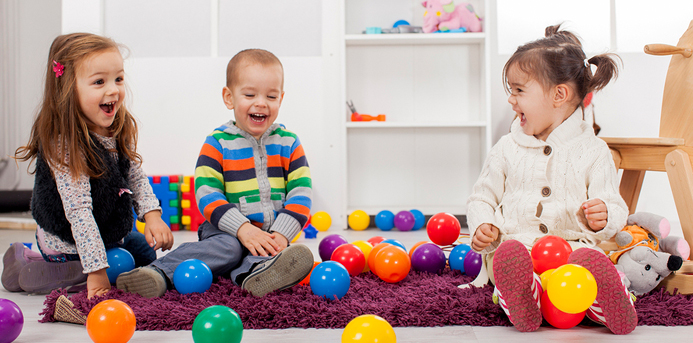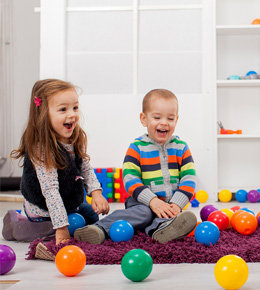To encourage your child’s success, research suggests building character traits like persistence and self-control, rather than strictly academics.
A two-year study by University of Pennsylvania psychologists Angela Duckworth and Martin Seligman, founders of the field of positive psychology, showed that self-discipline is a stronger predictor of academic performance than IQ.
Self-regulation and learning
Self-regulation and executive function, according to the National Center for Learning Disabilities, are critical to learning, because they allow children to do the following:
- Manage multiple tasks
- Pay attention
- Organize
- Keep track of time and details
- Work independently
- Control behavior
“There aren’t a lot of programs designed to build executive function in education today, other than strategies that have been developed for special education,” says Pat Chamberlain, a retired school administrator, consultant and professor at the Erikson Institute and University of Illinois at Chicago.
“Not enough emphasis is placed on teaching children strategies to help them learn to control attention and master their mental behavior and, ultimately, build the skills necessary to be independent learners,” Chamberlain says. “We need to look at things differently.”
Tools of the Mind
That’s why Chamberlain introduced Tools of the Mind to the Chicago area. This extensive early-childhood curriculum is based on the educational theories of Russian psychologist Lev Vygotsky, who believed that dramatic play (not unstructured free play) laid the foundation for self-regulation.
Tools of the Mind moves away from free choice activities and exposing kids to intensive reading and math before they are developmentally ready. Instead, it uses intentional play, in which kids become a character and follow the “rules” that govern that play scenario.
Make-believe play
Let’s say Leila and Annabelle are going to play “doctor.” As the “doctor,” Leila knows she’s supposed to listen to the baby’s heartbeat and check her temperature, not kiss or feed the baby. Not only does Leila have to regulate her own behavior and stick to her role, but Annabelle reminds her if she forgets and serves as a “play mentor.”
Complex play doesn’t just model reality; it can be total fantasy as well—flying to the moon or playing knights and princesses. It includes extensive use of language, not only in play but in planning what the play scenario will look like with peers and teachers. The curriculum also includes innovative, structured activities specifically designed to develop fine-motor, numeracy, emergent literacy, counting and pre-mathematics skills.
“Complex play impacts children’s social interactions, like getting along with others and not being a behavior problem in the classroom, and their ability to think, reflect, and pay attention in academic activities. In essence, their ability to learn,” explains co-creator of Tools of the Mind, Dr. Deborah Leong.
“We know things about neuroscience today that even 10 years ago we never understood,” Chamberlain says. “I’ve worked with many families over the years whose kids are challenged, and as a result of this curriculum, they have improved their executive function skills. It may not be the perfect curriculum for everyone, but there’s no question it’s a richer, more developmentally appropriate approach than many others out there.”


